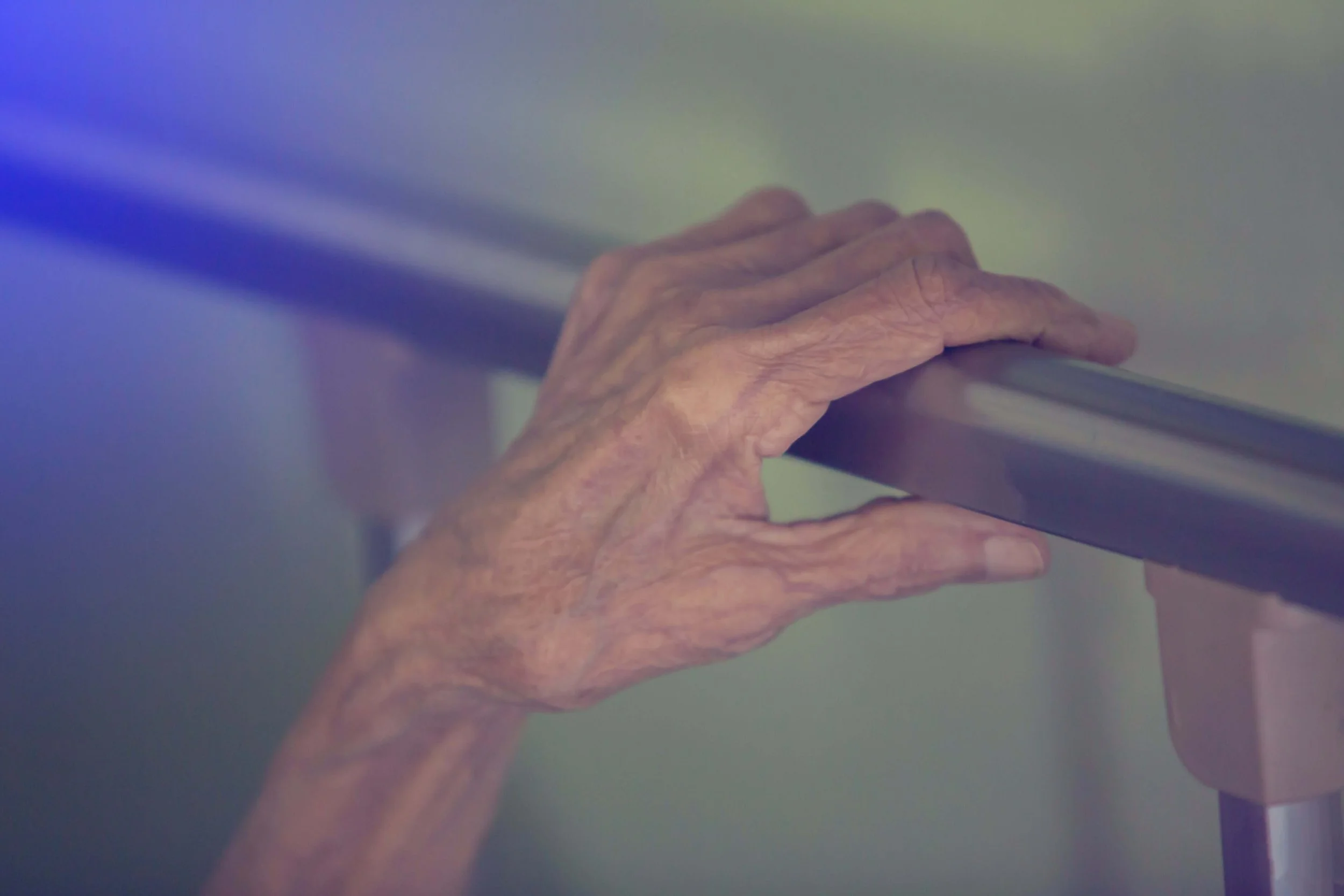What Are the 3 Most Common Complaints About Nursing Homes
Nursing homes play a crucial role in caring for our elderly loved ones, but like any other service, they can sometimes fall short of expectations. While many nursing homes excel in their services, it's essential to be aware of the common complaints that can arise. By understanding these issues, you can make informed decisions for your loved ones' care. In this comprehensive article, we explore the 3 most common complaints about nursing homes, offering expert insights and practical solutions to improve the quality of care.
The Three Common Nursing Home Complaints
1. Insufficient Staffing Levels
Nursing homes are often challenged by inadequate staffing levels, a problem that affects both residents and their families profoundly. Imagine being in a situation where you require assistance with daily activities, but there are not enough caregivers to attend to your needs promptly. This scenario is a stark reality in many nursing homes across the country.
Insufficient staffing leads to delayed responses to residents' requests, missed medication schedules, and a decreased quality of care. It also results in overworked and stressed caregivers who are unable to provide the attention and compassion our seniors deserve.
According to recent studies, understaffing is a widespread issue, with nearly 75% of nursing homes reporting insufficient staffing levels.
2. Poor Living Conditions
Another common complaint revolves around the living conditions within nursing homes. Poor living conditions can encompass a wide range of issues, from unsanitary environments to inadequate accommodations.
Residents may find themselves in shared rooms with limited privacy or face subpar hygiene standards. Such conditions can take a toll on the physical and mental well-being of our seniors.
Family members often discover poor living conditions during visits, leaving them deeply concerned about their loved ones' welfare. It's crucial to address these issues head-on and advocate for improvements.
3. Neglect and Abuse
Perhaps the most distressing complaint revolves around neglect and abuse within nursing homes. Neglect can manifest in various forms, such as insufficient nutrition, dehydration, or inadequate medical care. Abuse may include physical, emotional, or financial mistreatment.
Recognizing neglect and abuse is crucial for the well-being of nursing home residents. Signs can range from unexplained injuries to sudden changes in behavior. It is our responsibility to be vigilant and protect our loved ones from harm.
Addressing the Complaints
Improving Staffing Levels
To tackle this issue, it's essential to implement a multi-pronged approach:
Government Regulations: Advocate for stricter regulations regarding staffing ratios in nursing homes. Encourage lawmakers to establish minimum staffing requirements to ensure residents receive the care they deserve.
Training Programs: Promote training programs that equip caregivers with the skills and knowledge necessary to provide quality care. Education can make a significant difference in the lives of residents.
Family Involvement: Encourage families to actively participate in their loved one's care. Regular visits and open communication with staff can help bridge the gap created by insufficient staffing.
Improving Living Conditions
Improving living conditions in nursing homes requires a joint effort:
Regular Inspections: Advocate for regular, unannounced inspections by relevant authorities. These inspections can help identify and rectify issues promptly.
Resident Rights: Make sure residents are aware of their rights within these facilities. Encourage them to voice their concerns and preferences, ensuring their living conditions align with their expectations.
Family Involvement: Families should actively participate in assessing living conditions. Regular visits and communication with residents can provide valuable insights and a higher level of accountability.
Advocacy Groups: Support organizations and advocacy groups that work to improve nursing home living conditions. They play a vital role in driving change and raising awareness.
Combating Neglect and Abuse
To combat this issue, it's essential to take action:
Legal Recourse: Victims and their families should seek legal recourse against perpetrators. Holding those responsible accountable is a critical step toward justice.
Family Involvement: Families should maintain regular contact with residents to detect signs of neglect or abuse early. Encourage open communication and create a safe space for reporting concerns.
Advocacy Organizations: Support organizations dedicated to combating neglect and abuse in nursing homes. They can offer guidance, resources, and a network of support.
Peck Law Corporation: Your Trusted Elder Abuse Lawyers
At Peck Law Corporation, we understand the gravity of these complaints and the impact they have on residents and their families. We specialize in elder abuse and nursing home abuse cases in Southern California. With our experience and dedication, we have helped countless individuals seek justice for their loved ones.
In Need of a Nursing Home Abuse Lawyer?
If you or a family member has been affected by any of the common complaints about nursing homes, don't hesitate to reach out to us at Peck Law Corporation. Our team of experienced nursing home abuse lawyers is committed to advocating for the rights of elderly residents in Southern California. Contact us today to discuss your case and explore your legal options.
FAQs
-
Look for signs of physical well-being, such as maintained hygiene and proper nutrition. Also, stay attentive to your loved one's emotional state and communicate regularly with the staff.
-
Yes, the Medicare Nursing Home Compare website provides valuable information and ratings for nursing homes in the United States.
-
Yes, you can report any concerns to your state's long-term care ombudsman or the appropriate regulatory agency.
-
Regularly visit and engage with your loved one, advocate for their needs, and participate in care planning discussions with the facility.



